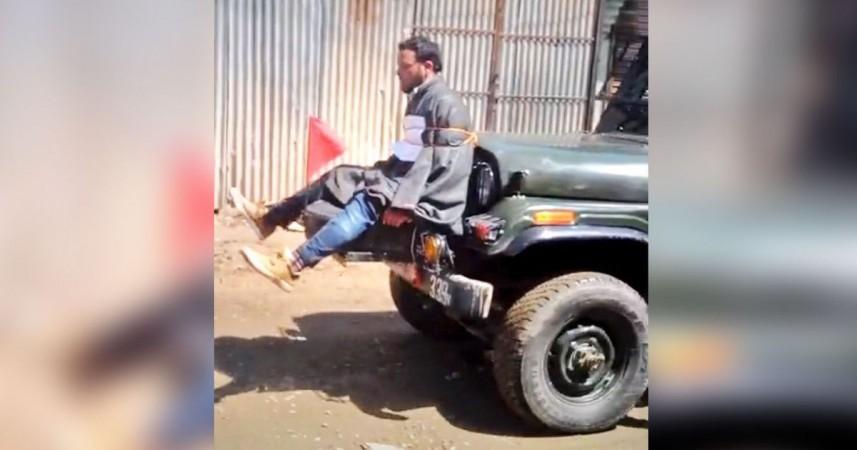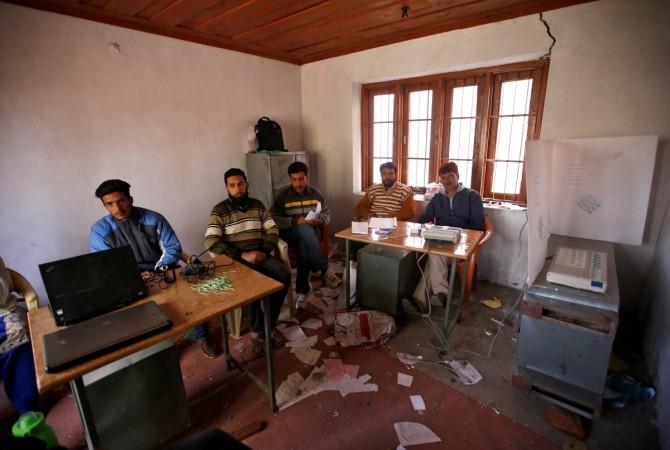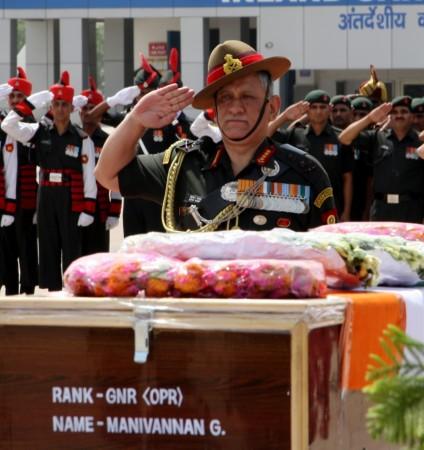
The State Human Rights Commission (SHRC) on Monday ordered the Jammu and Kashmir government to pay Rs 10 lakh as compensation to Farooq Ahmad Dar, the civilian who was tied to the bonnet of an Indian Army jeep to prevent locals from pelting soldiers with stones during the Srinagar bypolls on April 9 this year.
"The report of the police accepts that Farooq Ahmad Dar... was tied to bonnet of a vehicle and used as human shield... there are laws in this country and international laws which prohibit such a treatment even to a convict. Such a treatment to human being cannot be accepted in a civilised society," Justice (Retired) Bilal Nazki, the chairperson of the SHRC, said in his judgement.

He added: "The protection of life and liberty of the people is basic responsibility of the state government. The Commission thinks it appropriate to direct the state government to pay compensation of Rs 10 lakh to the victim."
However, the SHRC did not give any ruling on the role and culpability of army officer Major Nitin Gogoi, who tied Dar to the army jeep and paraded him in 19 villages of Budgam district, citing the "limited applicability of the Protection for Human Rights Act 1993 in the state of Jammu and Kashmir".
The video of the Kashmiri man Farooq Dar being used a human shield by the Indian Army went viral on social media last month triggering severe criticism from human rights activists, retired Army generals and Kashmiri groups. Major Gogoi's justification that he decided to do so to "save more lives of the local people" did not convince the human rights activists as the act was condemned across India and the world.

The Jammu and Kashmir Police then registered a case against Gogoi. However, Army Chief Bipin Rawat defended Gogoi's decision saying he cannot ask his soldiers to "just wait and die" when local residents throw stones or hurl petrol bombs at jawans.
Ahsan Untoo, a human rights activist from Kashmir, then approached the SHRC to settle the matter. The Commission said the "state government cannot escape from the responsibility of having failed to protect human rights" of a citizen.














